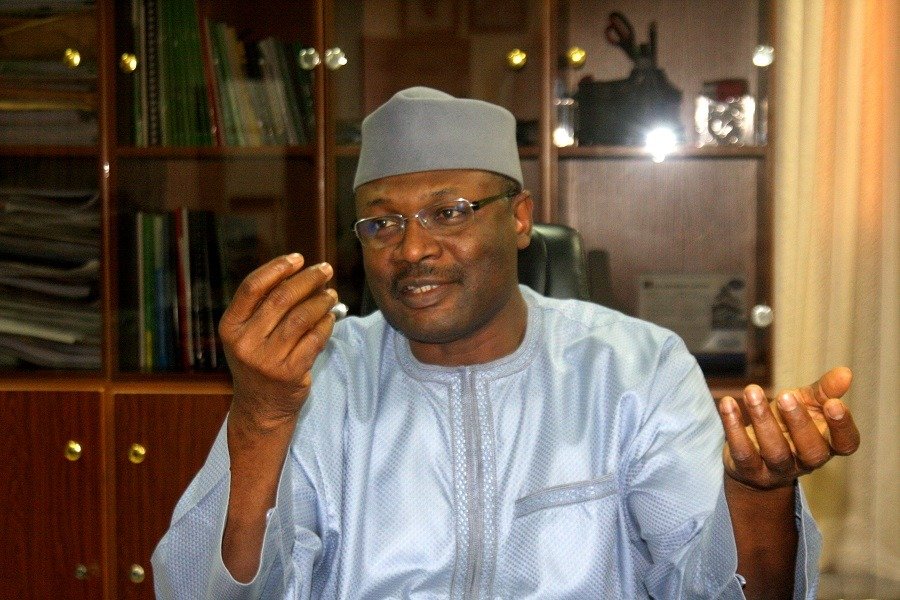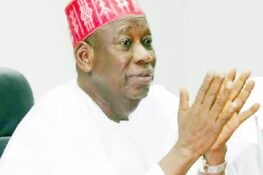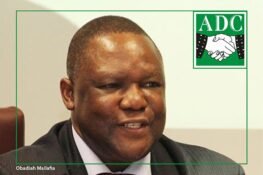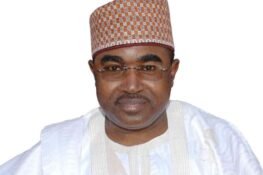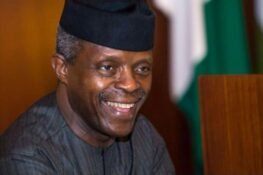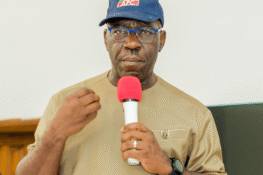Ahead of 2023 general elections, the Independent National Electoral Commission (INEC) has promised to make polling units accessible to the electorate to remove voter apathy during elections.
INEC Resident Electoral Commissioner (REC) in Kwara, Malam Garba Attahiru-Madami, disclosed this on Monday in Ilorin while declaring open two-day training on “Implementation of expansion of voters’ access to polling units”.
The training was for Electoral Officers (EOs) and Assistant Electoral Officers (AEOs) in charge of Administration, Operations and Cluster Registration areas drawn from the 16 local government areas of Kwara.
Attahiru-Madami said polling points in all polling units would be expanded to polling units to make them accessible to the people.
He noted that many eligible voters refused to vote on election day because of the distance of polling units to their residences.
The REC told the participants that the training was very important to INEC, just as election was important, adding that without polling unit, there would be no election.
“Election start from polling unit, if there is no polling unit, there would be no election and collation, that is how important polling unit is,” he added.
He therefore charged the participants to take the training very serious as the outcome of the training would offer opportunity on what they would do on the field.
“I don’t need to re-emphasise why access to polling unit is very important. We already know that this exercise was carried out in 1996 and it was to serve 50 million voters.
“In 2019 election, we have greater voters of 84 million; you can see that the polling units now are grossly inadequate.
“By the time general election will take place in 2023, our projection is to have over 120 million voters.
“The number of polling units we have now cannot serve the 120 million voters, so the training is very important,” he said.
According to the REC, one of the reasons for voter apathy is because the polling unit was not accessible to them.
He said that some polling units have over 1,000 to 5,000 voters that were spread to polling points.
“So, we want to see how we can convert some of these voting points to polling units to meet the need of the people on election day.
“In some communities with communal clash, having their own polling unit would solve such conflict, because you will see a villager that will say, I will not go to that village to vote,” he added.
He said the idea of expansion of polling units was to remove voter apathy and reduce distance from home to the polling unit.
(NAN)
